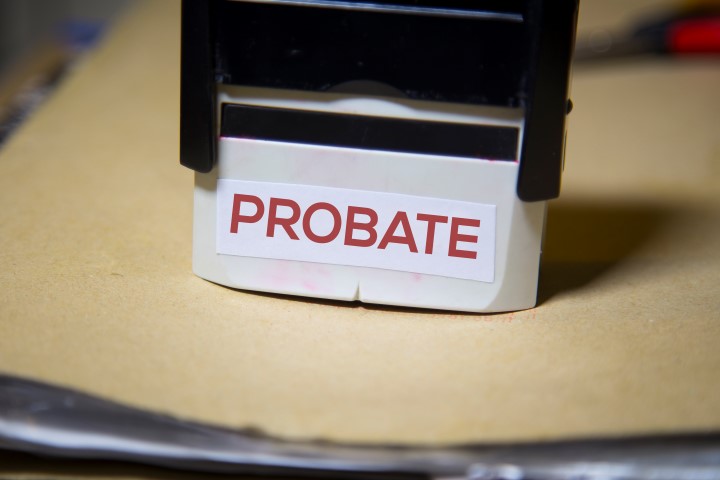What is Living Probate?
If you are worried about your family struggling with probate proceedings after your passing, see if your state offers a living probate option. This will allow you to have your will verified by the court while you are still alive, which has many benefits. Although this option is not offered everywhere, it can be an incredibly helpful estate planning tool for you to use if it is.
What is traditional probate and why should I avoid it?
One of the most stressful parts of managing your estate is probate court. This is a process that happens after your death where you will needs to be verified by the judicial system. They need to make sure that the will is legal, and during this time period there will be opportunities for anyone in your life to contest the will as well. This process can take a very long time, sometimes up to a year.
The biggest downside to this is that your beneficiaries won’t be able to receive their property right away. This can be very difficult for many people to deal with, particularly if they have been expecting to receive a certain piece of property. The other negative aspect to this is that your will can be contested, which means that your wishes may not be followed if the court rules in the favor of the person contesting the will.
There are a few different ways to avoid probate. Many people choose to put their most important assets in a living trust, which does not need to go through probate. However, living trusts do not have the same legal protections as a will does, so if your trustee does not distribute your assets according to your wishes, there isn’t as much you can do about it. There are also certain things that you can’t do with a living trust that you can do with a will, such as naming guardians for your children. Therefore, a living probate is a great option in many cases if it is available to you.
How does living probate court work?
The first step when using living probate is to schedule a hearing. You’ll likely need to notify your legal heirs, which are usually your spouse, children, or other living family members, as this hearing provides them the opportunity to contest the will if they want to.
The court looks for three things in order to validate the will during your hearing. The first thing is that the will is legal and that it has been executed properly. It must be signed by you and two witnesses, and many states have other requirements on top of that as well. If you are concerned about the legality of your will, be sure to consult a lawyer when putting it together to prevent problems.
Next, you’ll need to prove that you are mentally capable of signing and understanding a will. This should be no problem in most cases, but if you have struggled with mental health issues in the past, then you may need to get a diagnosis proving you are of sound mind. Finally, you will need to prove that there is not any ‘undue influence’, ie. someone else trying to have their own influence represented in the will.
People will have the opportunity to contest the will during a living probate hearing, but it is much easier to address those concerns legally while you are still alive. It may be a good idea to have a lawyer present at your hearing if you believe that this may be an issue. Once your will has been reviewed by the court, it will be verified and won’t need to go through probate court upon your death.




